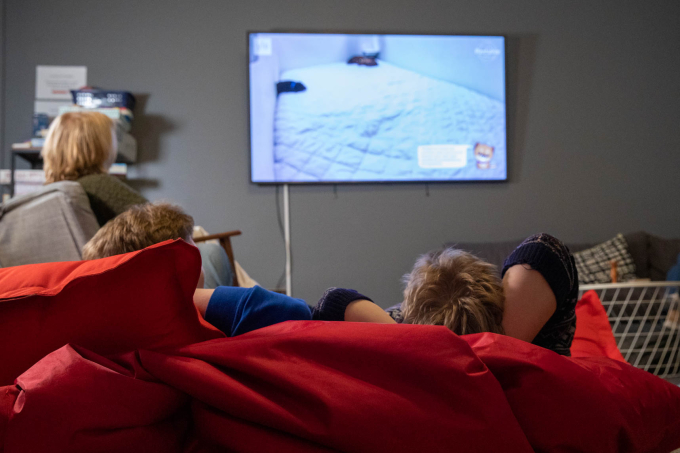
Did you know that 51.5% of men and 44.1% of women in Finland report to have experienced either frequent or constant feelings of loneliness? These numbers are the results of a study conducted in 2016,1 but are likely to have increased during the Covid 19 pandemic. Since then, it has become more evident for everyone how detrimental loneliness is, not only for our mental health but also for our overall wellbeing.
Humans are deeply social beings. Therefore, belonging to a tightly cooperating group of peers has always been vital for an individual’s survival. One could say we are programmed by nature to be social, have deep emotional connections and maintain these connections in order to ensure the survival of our species. Research in neuroscience has shown that our brain processes threats to social connection in the same neural regions that process threats to our survival. Therefore, it doesn’t surprise that suffering from loneliness is associated with increased risks of serious physical health issues, marginalisation, and consequently socioeconomic inequality.1
How can we alleviate loneliness with social work projects? How to reach out to the most vulnerable members of society affected by loneliness and exclusion? How do we tackle the problems of loneliness, exclusion, and inequality? These are but a few of the many pressing questions we are facing as a society and especially in the social field.
As a student of Social Services, I have the pleasure to gain valuable insights into different organisations in the social field through work placements. Luckily, Kiintopiste under the umbrella of NMKY Helsinki (Helsinki YMCA) offered me an internship spot and has become the place where I can apply my knowledge acquired during studies. From the perspective of a future social service worker, it is invaluable to see how the Kiintopiste project successfully supports integration and inclusion of youths who are at risk of experiencing loneliness and exclusion.
Kiintopiste represents a safe haven and anchor point for young people who are at risk of marginalisation in our society. The project offers meaningful and empowering group activities twice a week in the easily accessible and cosy Y-Lounge. Additionally, there is a mentorship program that facilitates individual support sessions with peer-mentors and volunteers.
All Kiintopiste activities employ best practices informed by concepts like social learning and participatory community work. These put into practice create an atmosphere of joy and creativity. To give some examples: The collectively planned and prepared meals are healthy and offer opportunities to gain valuable life skills and enjoy time together. Furthermore, Kiintopiste frequently facilitates art workshops like painting, jewellery making and poetry. Artistic self-expression and the reflexion it inspires help the participants to gain new insights, self-esteem and awareness.
Based on the recognition that a sense of belonging, connection and company are basic needs to be met first, Kiintopiste creates a vibrant community full of warmheartedness, empathy and peer-support. To quote one participant of Kiintopiste activities: “You guys have been my saviours in difficult times.” The participant addressed their thanks and praise to the team of social workers and community pedagogics who cooperate to make the project so successful in empowering and supporting the young community.
Many young people have found new friends and mentors here which has helped them to move on to the next steps in their lives. They continue to get support from NMKY Helsinki (Helsinki YMCA) with organising their own affairs, choosing an education or career path, and finding work.
Helene Klix
Helene Klix is a second-year student of Social Services at Diaconia University of Applied Sciences in Helsinki. The focus of her studies and professional development lies on social sustainability and innovation. In the past Helene has worked for different NGOs doing educational and social work after graduating from University of Vienna.
REFERENCES
1. Junttila, N., Topalli, P. Z., Kainulainen, S., Saari, J. (2016). The Portrayal of Lonely Finnish People. In: Ami, R. (Ed.). The correlates of loneliness. Bentham Science Publishers. https://ebookcentral.proquest.com/lib/diak/reader.action?docID=4592408&p...

